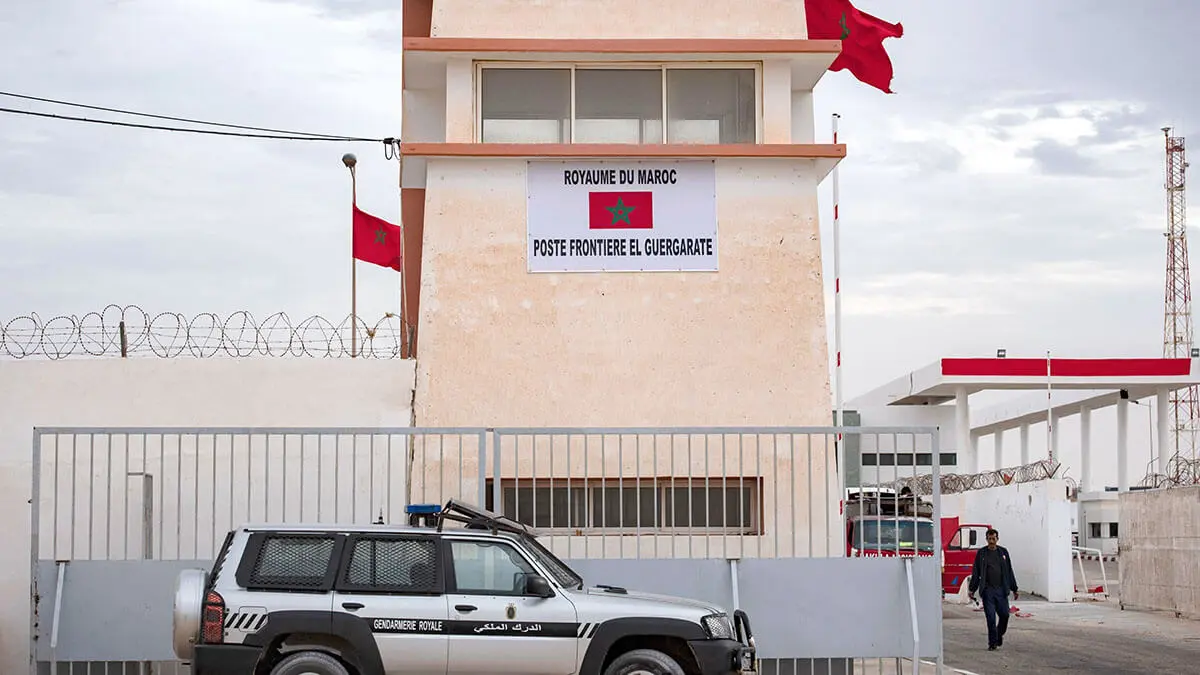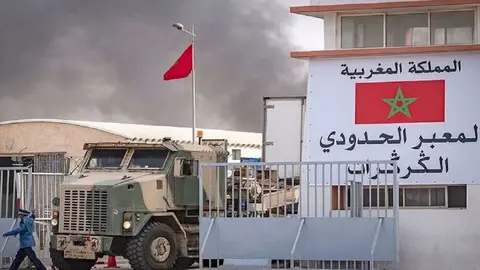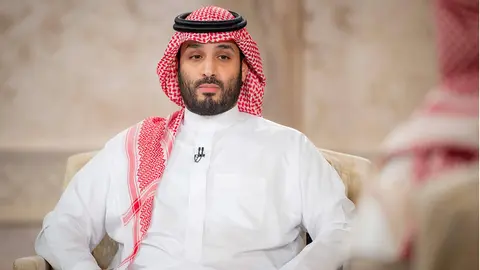UK should back Morocco's autonomy proposal for Western Sahara

The momentum for the UK to support Morocco's autonomy plan for Western Sahara continues to grow.
After several British MPs came out in favour of Morocco's proposal to settle the Sahrawi dispute, now comes a statement in favour of this trend from the Royal United Services Institute, the UK's most prestigious security and defence think tank.
Through this body, Sir Simon Mayall, a retired senior British military officer and Middle East adviser, made it clear that his country should support the Moroccan proposal on Western Sahara.

Frozen conflict
For Simon Mayall, the situation in Western Sahara may appear to be just another 'frozen conflict' in a world increasingly defined by crises, but there is a solution on the table that can be realised and the UK should show Morocco its full support.
The frozen conflict in Western Sahara has to do with the immobile positions held in this case by actors such as the Polisario Front, which is still determined to hold a referendum on independence for the Sahrawi population, which is difficult to carry out, as various experts have pointed out, due to problems such as the electoral roll. Indeed, the Polisario Front claims to be a liberation movement, receiving support and funding from Morocco's regional competitor, Algeria, although the international community has generally described the Polisario Front as a "separatist movement" and Morocco seeks precisely to defend its territorial integrity.

Morocco and regional development
In the face of the political deadlock, Morocco is proposing a broad autonomy for the Sahrawi territory under Moroccan sovereignty, respecting UN resolutions. This proposal seeks the maximum development of the area in various areas and has received the approval of many important countries, such as the United States, Israel, the United Arab Emirates, Germany and Spain, which consider the North African country's initiative to be the most serious, credible and realistic way of resolving the Sahrawi dispute.
Morocco wants to demonstrate its commitment to the region through investment and development, and this is the proposal that is currently receiving the most support. Thus, from the Royal United Services Institute and from an important part of the British parliamentary arc, with voices such as those of MPs Liam Fox and Daniel Kawczynski or that of member of the British House of Lords Daniel Hannan, the UK government is urged to support Morocco's solution for Western Sahara as the most viable way to solve the existing political problem, supporting the UN's efforts to achieve a solution through dialogue between the parties involved.
Morocco's Autonomy Plan for Western Sahara was presented to the UN Security Council in April 2007, representing a basis for negotiation and a vision of shared prosperity across the North African region, and has received much support in recent years. This Moroccan proposal grants a great deal of self-rule to the Sahrawi authorities, leaving defence and international relations policy in the hands of the Moroccan state.
Therefore, as Simon Mayall points out through the prestigious British think tank, "Morocco's Autonomy Plan for Western Sahara remains the only credible, durable, realistic and constructive solution to the Western Sahara conflict and is increasingly being recognised as such by those in the international community who understand the humanitarian costs and security risks of allowing this frozen conflict to continue".










